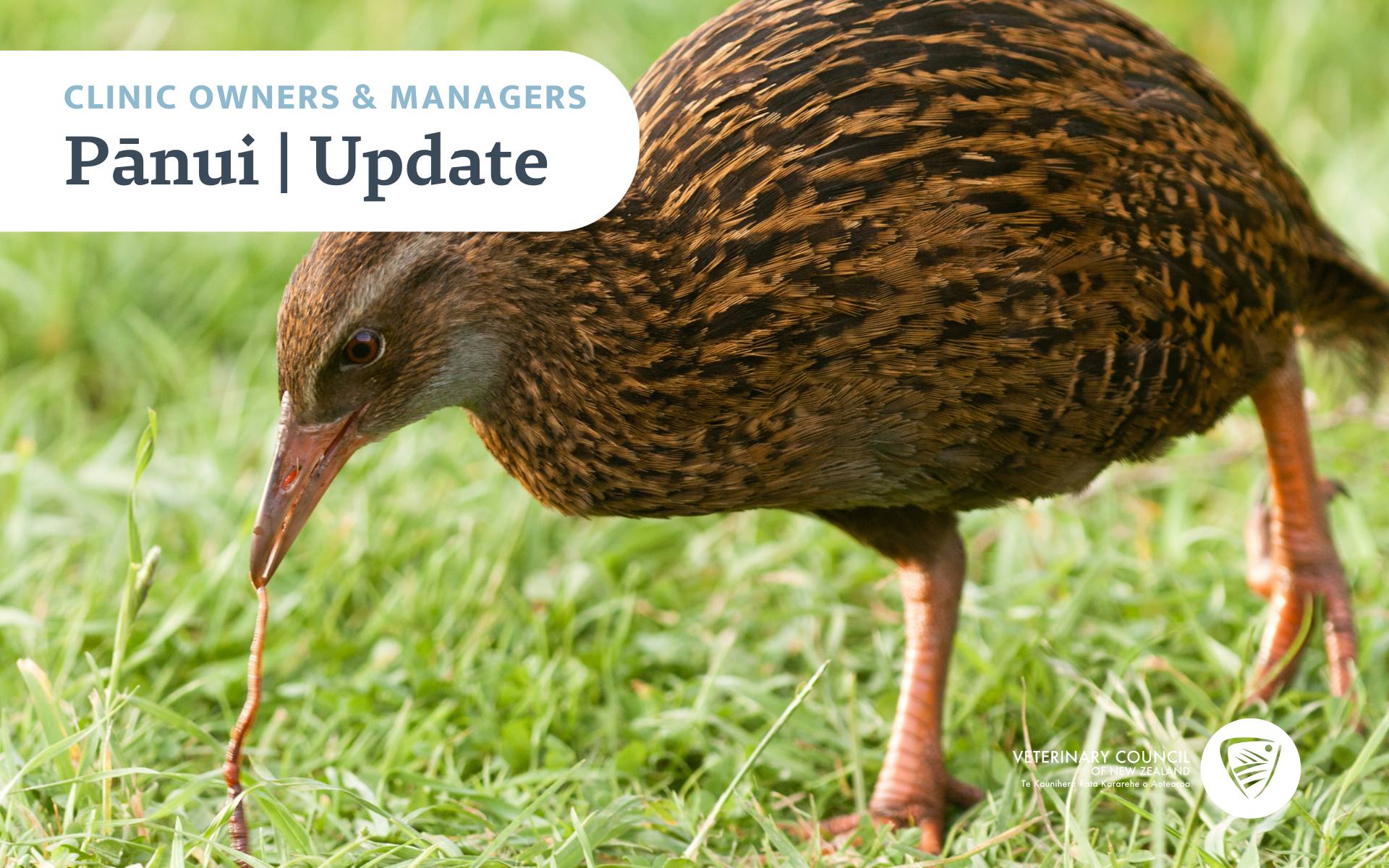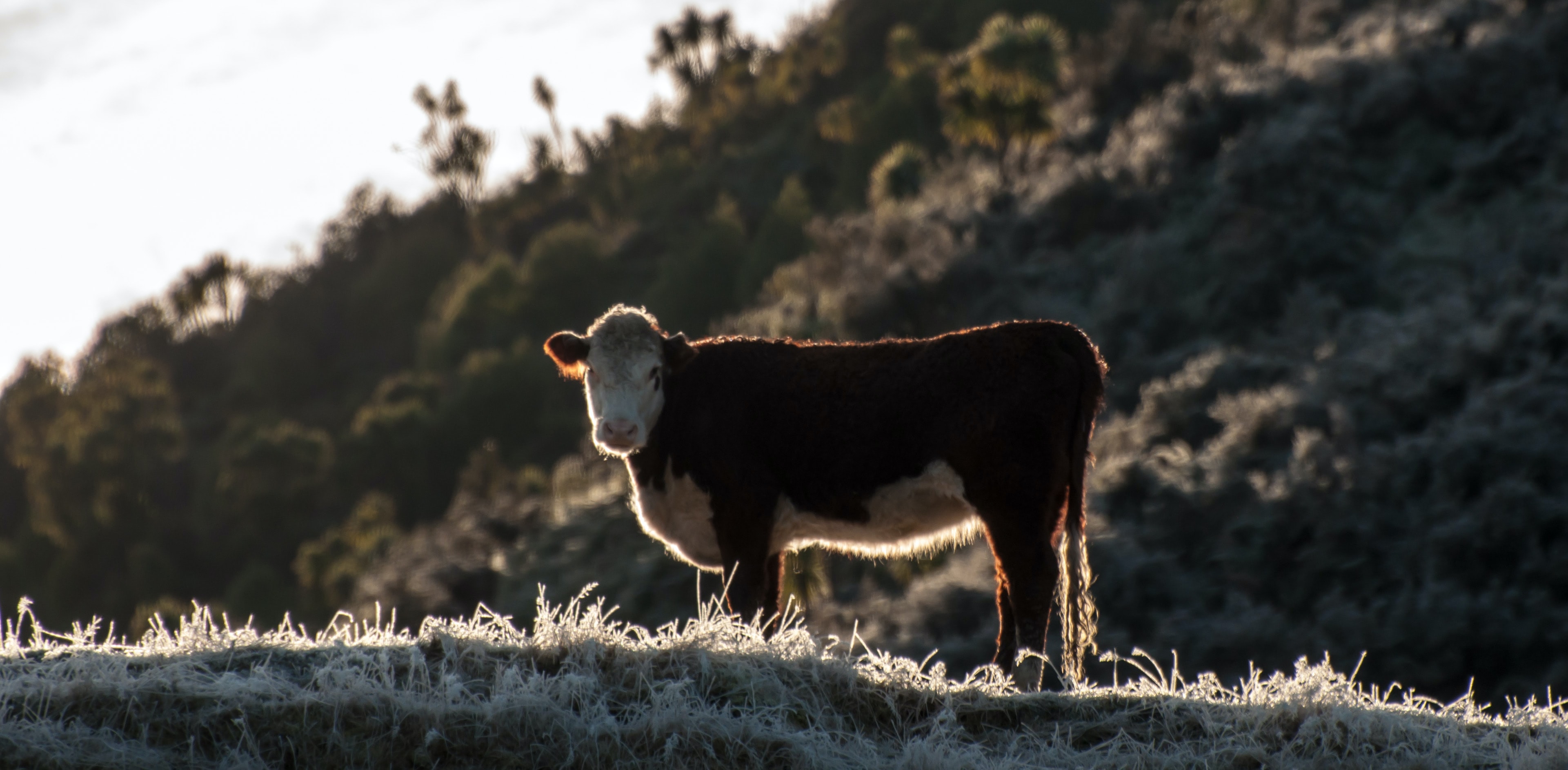
Practice Pānui June 2023
Welcome to our June update. In this edition, we provide updated information about Dry Cow Therapy, which includes some scenarios vets may encounter when authorising treatment. We also feature some likely changes to employment legislation, in particular the window of time employees have to report sexual harassment. We encourage you to read about these changes, and update your workplace policies. We have also added a quick note about our payment provider, Ezidebit.
New Dry Cow Antibiotic Therapy (DCAT) scenarios
Just in case you haven’t watched the recent webinars on the VCNZ statement: Authorisation of Dry Cow Therapy , we have provided a summary below.
These webinars have been organised by the Veterinary Council of New Zealand (VCNZ) and the New Zealand Veterinary Association’s Society of Dairy Cattle Veterinarians Branch (DCV).
You can view a recording of the webinar here: https://vimeo.com/817154684/a9cab0133b .
The statement, and recently produced guidance on Dry Cow Antibiotic Therapy (DCAT), provide information for veterinarians about the responsible authorisation practises for antibiotic dry cow therapy. The requirements for veterinarians authorising (prescribing) antibiotics is detailed in the VCNZ Code of Professional Conduct for Veterinarians. It is important for veterinarians and the dairy industry that prescribing antibiotics is done responsibly and transparently.
Reducing blanket prophylactic use and moving towards selective antibiotic treatments is an important part of eliminating the overuse of antimicrobials in the dairy industry. Worldwide, antimicrobial resistance (AMR) is a hot topic, which means the choices veterinarians make about using antibiotics will influence New Zealand’s export trade opportunities and our international reputation.
Veterinarians in New Zealand have been working hard over the last five years to reduce the number of farms using blanket dry cow therapy, and that hard work has not gone unnoticed. The DCV understands that the number of clients who are not willing to change to selective DCAT are continuing to reduce. To assist, the DCV has collaborated with VCNZ to understand how the Dry Cow Statement can work in practical situations by describing various case scenarios. The detailed responses can be viewed on The Hub.
If you have any questions, please contact VCNZ or any of the DCV committee members.
Statement: https://hub.vetcouncil.org.nz/authorisation-of-dry-cow-therapy
Guidance: https://hub.vetcouncil.org.nz/dry-cow-antibiotic-therapy

Changes to employment legislation
The Employment Relations (Extended Time for Personal Grievances for Sexual Harassment) Amendment Bill is currently awaiting its third reading in Parliament.
The article linked below considers how quickly the Bill could pass into law and how businesses can ensure they have policies and procedures in place for fostering a culture that prevents sexual harassment or responds to it appropriately.
Read more here
Found an Ezidebit charge on your statement? It could be from VCNZ
VCNZ uses Ezidebit as its payment provider. If you have noticed an Ezidebit transaction on your bank statements, please note that it could be from VCNZ. If you are unsure, contact us by emailing [email protected] to check before disputing the transaction.
Radiation regulation changes coming into force this month
Changes to the Radiation Safety Regulations are set to come into force on 28 June 2023.
The amendments, which the Government decided on in May, include new safety fees, changes to compliance monitoring categories and a reduction to the scope of activities registered veterinarians can perform without having to obtain a use licence.
The changes follow the Office of Radiation Safety’s (ORS) review of the fees paid under the Regulations, which found that the fees didn’t fully cover the costs of administering the Act.
The amendments clarify that the authorisation provided by Schedule 3 of the Regulations is limited to using irradiating apparatus in general radiography for veterinary diagnostic purposes. This means using an irradiating apparatus for interventional procedures or treatment is not included in the authorisation.
A comprehensive summary of the changes is available on the Manatū Hauora – Ministry of Health website :
The Radiation Safety Regulations 2016 will be updated soon after 28 June, and will be available in their current location on the New Zealand Legislation website.
Information about the review and why the changes were made can be read in the public consultation document .
Māori experiences in the veterinary sector
Francesca Brown is researching the experiences of Māori employers, employees and students in the veterinary sector.
The project involves Māori veterinary staff and students sharing their experiences from a Māori perspective. The data will be used to make recommendations to the industry about how it can provide better experiences for Māori. The interviews will take place over Microsoft Teams or the phone. You will find the full participant information sheet here.
If you interested in participating, please click this link https://forms.office.com/r/t92T5SksXW to advise of your interest, answer a few questions, and share your availability. Once the information is submitted, an interviewer will contact you to confirm a time to talk. You can also contact Francesca directly by emailing [email protected] to discuss the research before committing to be involved.
This research is approved by the Otago Polytechnic Research Ethics Committee - approval number 994.
Thank you
We hope you found this newsletter interesting and informative. If you’d like to provide feedback or send us a topic or story for next time, please email [email protected]
Please also contact us if you have any questions or need support.